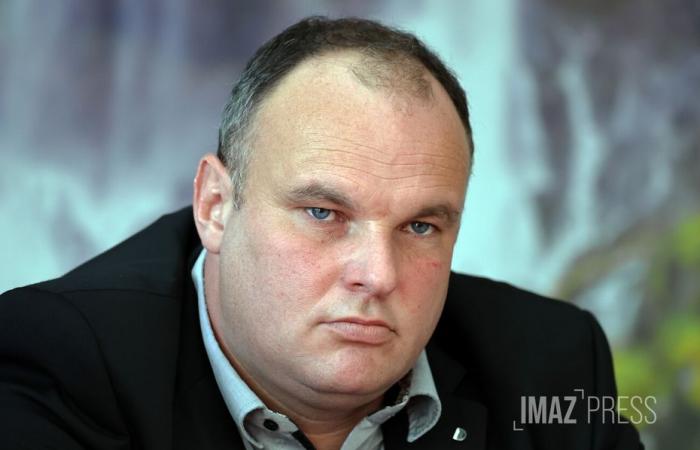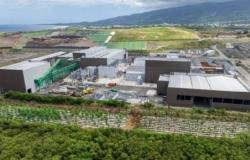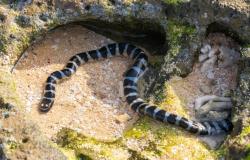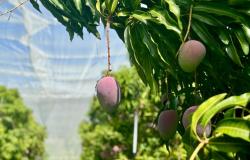
In a written question to the Minister of Health, the MP asks for “a prompt decision” to make the chikungunya vaccine refundable by Health Insurance for Reunion Islanders. Discussions are underway on this subject at the level of health authorities.
With more than a hundred cases recorded since last August and worrying signs of dispersion, chikungunya has made a comeback in Reunion. And while the Regional Health Agency acknowledges the risk of a new epidemic, the marketing of a vaccine on November 20 could be an asset in preventing a spread such as that experienced in 2005 and 2006.
But at 150 euros per dose, it is not certain that the people of Reunion Island will rush for the vaccine against this arbovirosis, put on the market on November 20. Also, at the request of the ARS, discussions were opened between the High Health Authority and Social Security, particularly regarding the target audience.
It is in this context that Perceval Gaillard, deputy for the 7th constituency of Reunion Island, formulated a written question on December 24 to the Minister of Health, insisting “on the importance of prompt decision-making to make the chikungunya vaccine refundable by health insurance to the inhabitants of Reunion Island.”
“It is necessary to act as quickly as possible in view of the current situation which is deteriorating day by day”underlines the parliamentarian, who wishes “know the perspectives on this topic.” His question remains unanswered to this day.
Called IXCHIQ, the vaccine developed by the company Valneva obtained the green light from the European Union for its marketing about two months ago. A dose providing protection for a period of three years.
If health authorities have therefore yet to decide on the strategy to adopt regarding vaccination, it remains very likely that we are moving towards a campaign supported by public authorities, as has just been recommended for dengue fever.
In an opinion delivered on December 17, the High Authority of Health (HAS) recommends the implementation of vaccination against dengue in the Antilles, Guyana, Mayotte and Reunion using the Qdenga vaccine, having obtained a marketing authorization in 2022.
The HAS recommends as a priority the vaccination of children aged 6 to 16 years old with a history of dengue infection, as well as that of adults aged 17 to 60 years old presenting comorbidities, with or without a history of dengue fever.
The last epidemiological surveillance point reported 34 indigenous cases of dengue fever since August 2024, spread across ten municipalities.
Health





